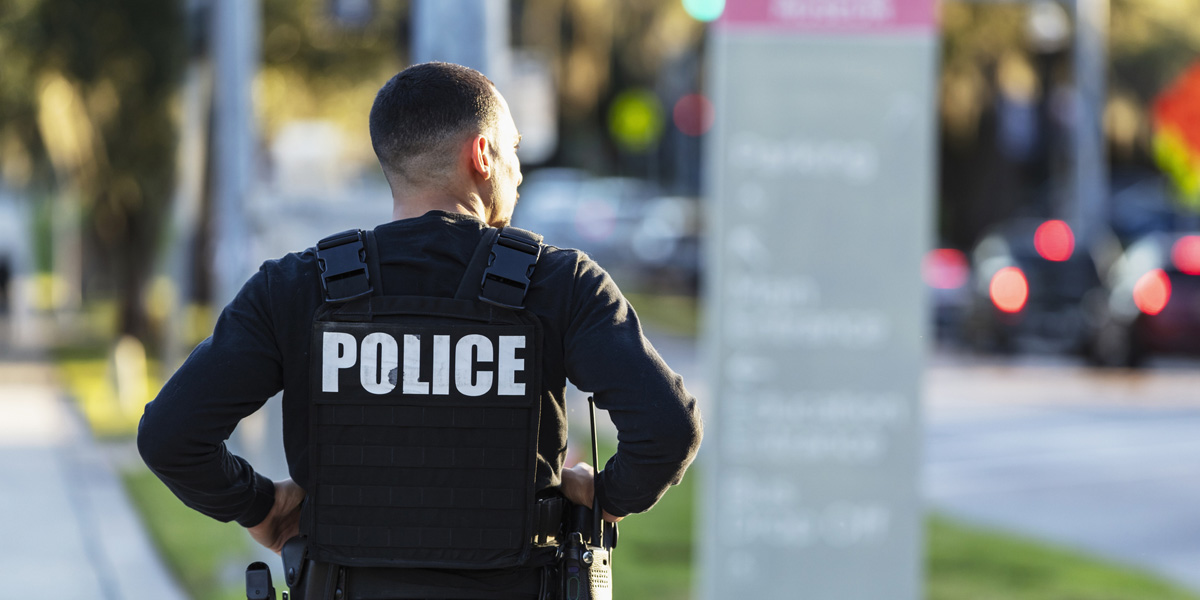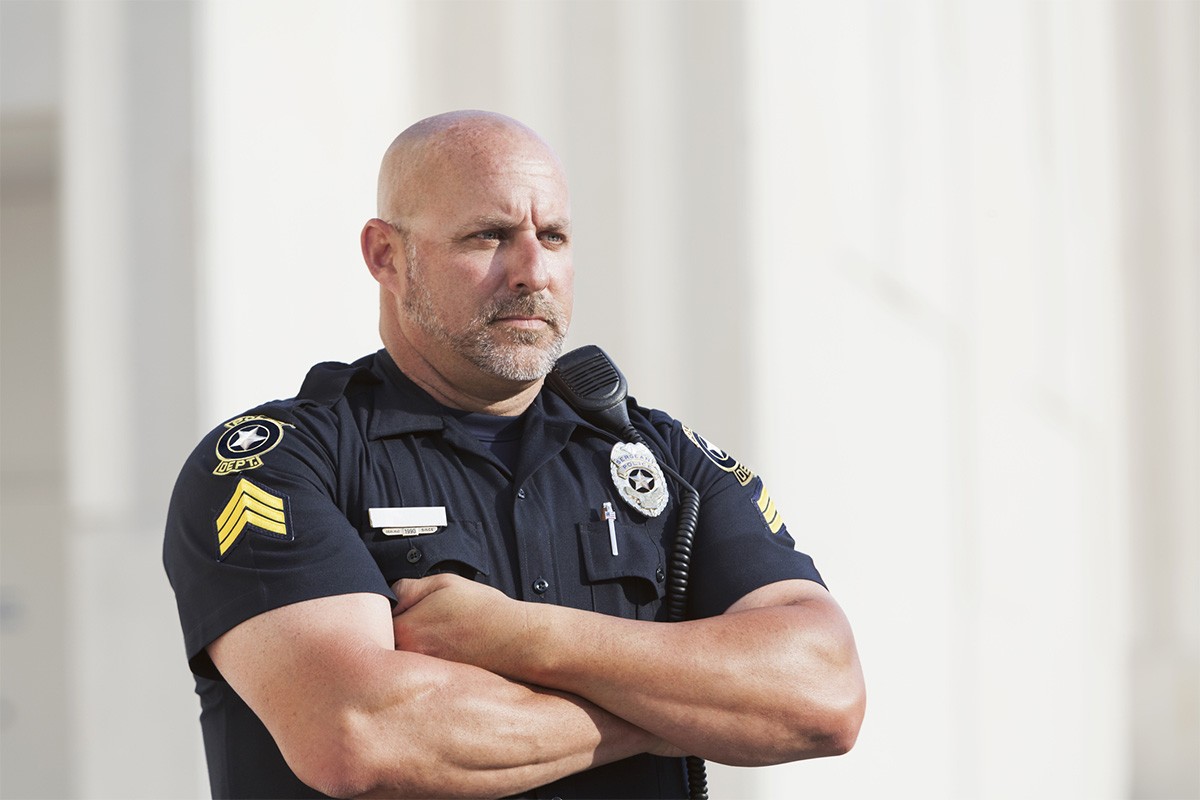Military veterans may have a natural inclination toward law enforcement because both career paths answer the call of duty to serve and protect others. However, transitioning from military service to civilian life is often challenging. Many service members face difficulties adjusting to a radically different social environment, career expectations, and the task of translating military experience into the civilian workforce.
This is why many former service members are drawn to law enforcement, which offers similar structure, expectations and benefits as military service. If you are on active duty or you are considering enlisting, here are some of the reasons why many veterans go into federal, state and local policing after their military career:
A Commitment to Public Service
The reasons people enlist in the military vary and can be a combination of patriotic duty and economic need. However, most share deep commitment to serving their country. For many, this is a major attraction to law enforcement, which is one of the most high-profile types of public service professionals. Knowing that your work has a greater meaning and helps bring communities greater safety and security is highly motivating, and that can be an important motivator for both service members and law enforcement professionals.
Similarities Between Military Service and Law Enforcement
Although military training can vary widely depending on your service branch, rank, role and deployment, there are major points of emphasis that align with law enforcement training. Both fields emphasize the importance of communication, coordination and teamwork. Being able to build and maintain a coherent team structure, implement plans and strategies, and approach problems as a team is critical for both military and law enforcement professionals.
Another key point of emphasis is critical thinking during high pressure situations. Being able to remain calm, think and react appropriately during high-stress or dangerous situations is important for both forms of service, and it can mean the difference between life and death. Your military training has prepared you for these exact scenarios, allowing you to analyze and adapt to changing circumstances and keep yourself and others safe.
Finally, there’s a sense of career stability and growth within military service and law enforcement. Both career fields provide full-time roles with benefits and opportunities for advancement, with salaries and benefits commensurate with their rank and experience as well as opportunities for further training.
Key Differences Between Law Enforcement and Military Service
Although there are many similarities between the two, there are also some key differences to note if you want to pursue a career in law enforcement after military service.
One of the primary differences is the role of community relations and its importance in law enforcement. Although some parts of military service and training involve interactions with civilians and maintaining safe, positive relationships with them, they are not emphasized nearly to the same degree as in law enforcement. Community engagement between officers and the towns and neighborhoods they patrol is critical for safety. As a law enforcement officer, you are expected to serve as a visible and trustworthy representative of your department. Building public trust through positive interactions is essential to effective policing.
Another key difference is the emphasis on apprehension over open combat. Military members are trained for combat and view enemy combatants accordingly. Police officers, on the other hand, are supposed to view even suspects in heinous crimes as targets for apprehension, not violence. Officers must use judgment and balance assertiveness with restraint, ensuring that all individuals – regardless of the offense – are treated lawfully. Safety, in some cases, includes the safety of suspected criminals, who are to be tried and judged by a jury of their peers.
Law Enforcement Opportunities Within the Military
Military law enforcement roles exist, including military police (MP), criminal investigators and roles within military branches such as the United States Army Criminal Investigation Division, Air Force Office of Special Investigations, or Navy Master-at-Arms. These positions can provide early exposure to law enforcement concepts and may offer a more seamless transition into civilian police work.
Each branch of the U.S. military has a law enforcement component — commonly referred to as military police or MPs. MPs are responsible for enforcing laws and regulations on military installations, conducting investigations, managing detention operations, securing perimeters, and supporting force protection efforts.
While the day-to-day duties may vary depending on branch and assignment, MPs typically perform functions similar to civilian officers, such as traffic enforcement, patrolling, responding to incidents, and investigating minor crimes.
Begin Your Next Mission at Columbia Southern University
If you’re considering a career in law enforcement after military service, earning a degree in criminal justice can strengthen your qualifications and broaden your opportunities. At CSU, you can learn the history, theory and practice that informs everything that law enforcement, homeland security, and criminal justice professionals do. A solid grounding in criminal justice and a strong military background can make you an excellent candidate for law enforcement roles throughout the industry. Visit our criminal justice degree page to learn more.
Multiple factors, including prior experience, geography, and degree field, affect career outcomes. CSU does not guarantee a job, promotion, salary increase, eligibility for a position, or other career growth. Testimonials may not reflect the experience of all CSU students.
Any reference to United States Department of Defense (DoD) personnel, products or services does not constitute or imply endorsement by the DoD.






